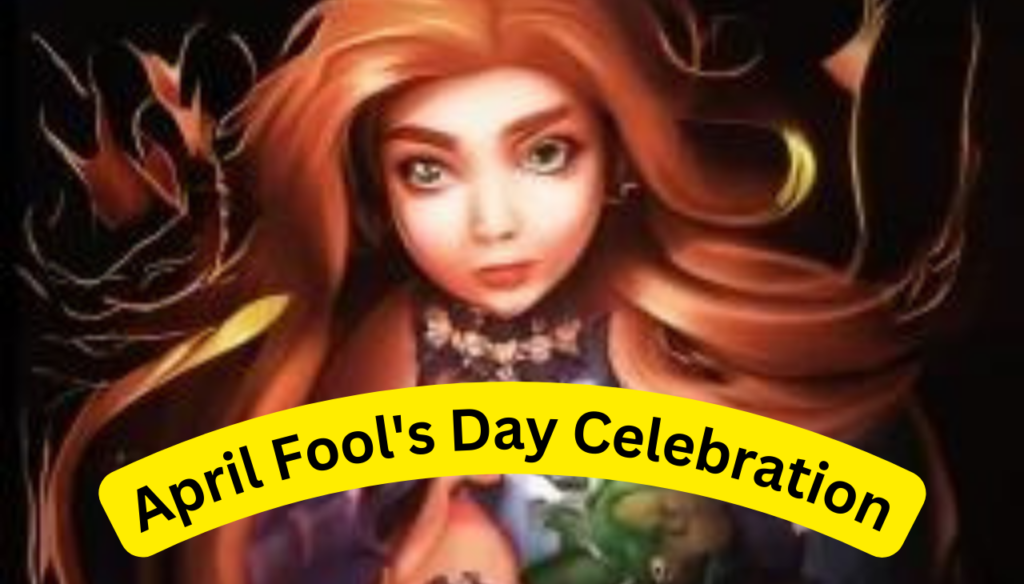Introduction: The Origins of April Fool’s Day
Every year on April 1st, people celebrate April Fool’s Day, a day set aside for practical jokes, pranks, and friendly mischief. The origins of April Fool’s Day are still unknown, but it is thought to have originated in a number of historical and cultural contexts. One widely accepted hypothesis dates its origins to the 16th century, when many countries switched from celebrating New Year’s Day on April 1st to January 1st due to the adoption of the Gregorian calendar. The custom we know today originated from those who persisted in celebrating the old New Year’s day, who became the target of jokes and practical jokes.

Global Celebration: How April Fool’s Day is Observed Around the World
April Fool’s Day is celebrated with enthusiasm and creativity in many countries across the globe. In France, the day is known as “Poisson d’Avril,” or “April Fish,” where people attach paper fish to each other’s backs as a prank. In Scotland, the tradition of “hunting the gowk” involves sending someone on a foolish errand. Meanwhile, in Brazil, April 1st is known as “Dia da Mentira,” or “Day of Lies,” with newspapers and media outlets publishing fake news stories to deceive the public.
Timeless Traditions: Classic April Fool’s Pranks Throughout History
Throughout history, people have engaged in a wide array of pranks and hoaxes on April Fool’s Day. One famous example is the BBC’s 1957 broadcast of a documentary on the “Spaghetti Tree,” which convinced many viewers that spaghetti could be harvested from trees. Another classic prank is the “fake pregnancy announcement,” which often leads to a mixture of shock and laughter among friends and family. From simple tricks to elaborate schemes, April Fool’s Day has inspired creativity and mischief for centuries.
Modern Twist: April Fool’s Day in the Age of Social Media
With the advent of social media, April Fool’s Day has taken on a new dimension. Tech companies, in particular, have embraced the day as an opportunity to showcase their playful side and engage with their audience. From fake product launches to humorous announcements, companies like Google, Netflix, and Amazon have become known for their elaborate April Fool’s Day pranks. However, the line between harmless fun and potential misinformation has become increasingly blurred, raising questions about the responsibility of brands and individuals in the digital age.
Ethical Considerations: Navigating April Fool’s Pranks with Respect and Sensitivity
While April Fool’s Day is traditionally associated with lighthearted fun, it’s essential to consider the potential impact of pranks on others. What may seem like harmless humor to some could be hurtful or offensive to others. In recent years, there has been a growing awareness of the need to approach April Fool’s Day with sensitivity and respect for diverse perspectives. This includes avoiding pranks that target specific individuals or communities and being mindful of the potential consequences of spreading misinformation.
Conclusion: Embracing the Spirit of April Fool’s Day
As April Fool’s Day approaches each year, people around the world prepare to engage in a day of laughter, surprises, and good-natured mischief. Whether it’s a classic prank played on a friend or a clever hoax shared online, the spirit of April Fool’s Day reminds us of the joy of silliness and the importance of not taking ourselves too seriously. As we celebrate this tradition, let us do so with respect, kindness, and a sense of humor that brings us closer together as a global community. Happy April Fool’s Day!



